In a recent episode of the *Terrestrials* podcast, host Lulu Miller engaged in a captivating conversation with Wanda Diaz-Merced, a blind scientist dedicated to the study of gravitational waves. This discussion highlighted not only Diaz-Merced’s groundbreaking research but also her unique perspective as a visually impaired scientist.
Wanda Diaz-Merced has become a prominent figure in the field of astrophysics, focusing on gravitational waves—ripples in spacetime caused by some of the universe’s most violent events, such as merging black holes. Her work offers insights into fundamental questions about the universe, and she has developed innovative methods to analyze data that would typically rely on visual interpretation.
In the podcast, which aired on Scott Detrow‘s segment, Miller explored the challenges and triumphs that Diaz-Merced has encountered in her career. The scientist shared her journey, detailing how she has adapted her research techniques to overcome the limitations of her blindness. She emphasized the importance of sound and tactile feedback in her analyses, allowing her to perceive data in ways that others might overlook.
This approach has not only made her contributions to the field significant but also inspired a new generation of scientists to embrace diverse perspectives in research. Diaz-Merced’s methods challenge traditional views and show that accessibility can lead to innovative breakthroughs in complex scientific fields.
Transforming Data into Sound
One of the most compelling aspects of Diaz-Merced’s work is her ability to transform complex data into sound. By converting gravitational wave data into auditory signals, she can “hear” the patterns that emerge from the data, allowing her to identify key events that signify gravitational waves. This technique is revolutionary, as it provides a new avenue for interpretation that can be utilized by researchers regardless of visual ability.
Miller and Diaz-Merced discussed the implications of this auditory approach for the broader scientific community. By making data more accessible, Diaz-Merced is not only paving the way for herself but also for others who may face similar challenges. Her work promotes inclusivity in science, demonstrating that diverse voices and methods can enhance our understanding of the universe.
A Call for Inclusivity in Science
Throughout the conversation, Diaz-Merced emphasized the need for a more inclusive scientific community. She believes that embracing different perspectives is essential for fostering innovation and broadening the scope of research. Her story serves as a powerful reminder that talent and insight can emerge from unexpected places.
As gravitational wave research continues to evolve, Diaz-Merced’s contributions are becoming increasingly vital. Her dedication to pushing the boundaries of what is possible within the field is not only advancing our knowledge of the cosmos but also inspiring future generations to pursue their passions, regardless of the obstacles they may face.
The podcast episode is a testament to the importance of storytelling in science. By sharing her experiences, Wanda Diaz-Merced provides a window into the challenges and triumphs of a scientist who is reshaping the narrative around disability and scientific inquiry. Her work exemplifies how perseverance and innovation can lead to profound discoveries in understanding the fabric of spacetime.
For those interested in the intersection of science and accessibility, the full conversation is available on the *Terrestrials* podcast, a production of Radiolab, which continues to highlight unique voices and stories in the scientific community.
